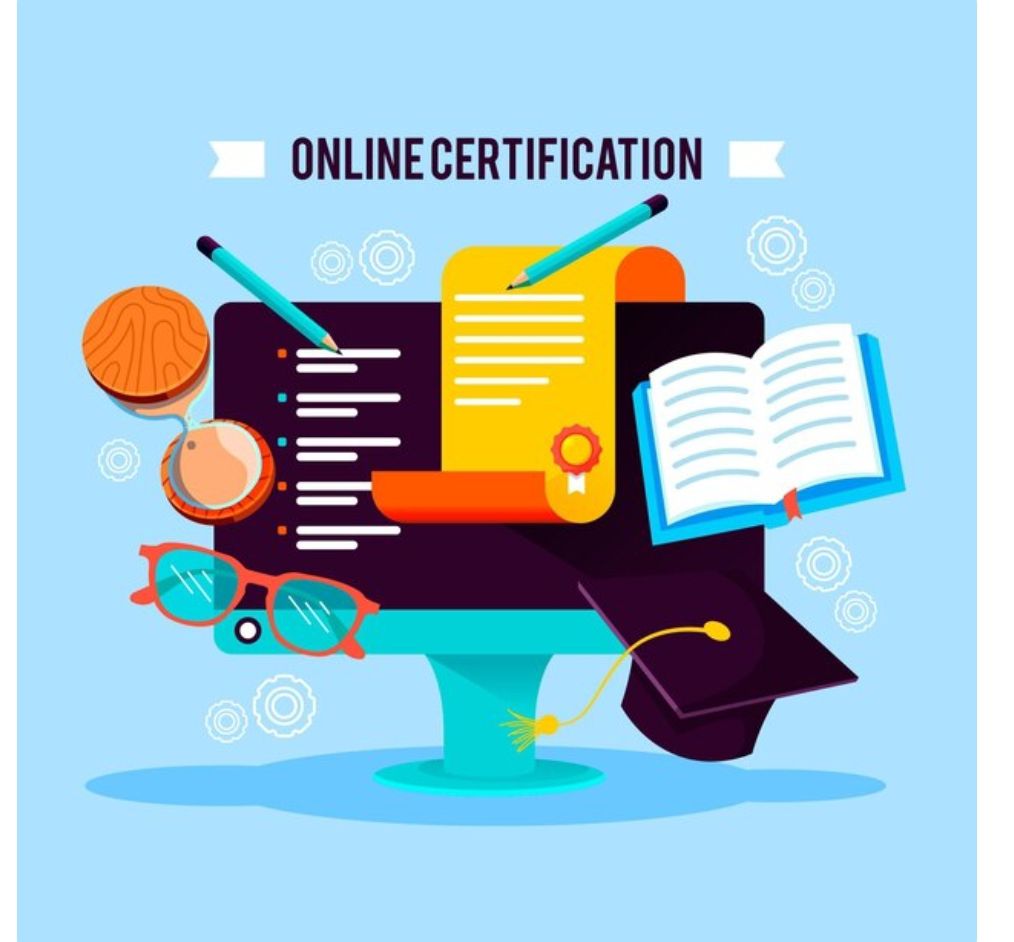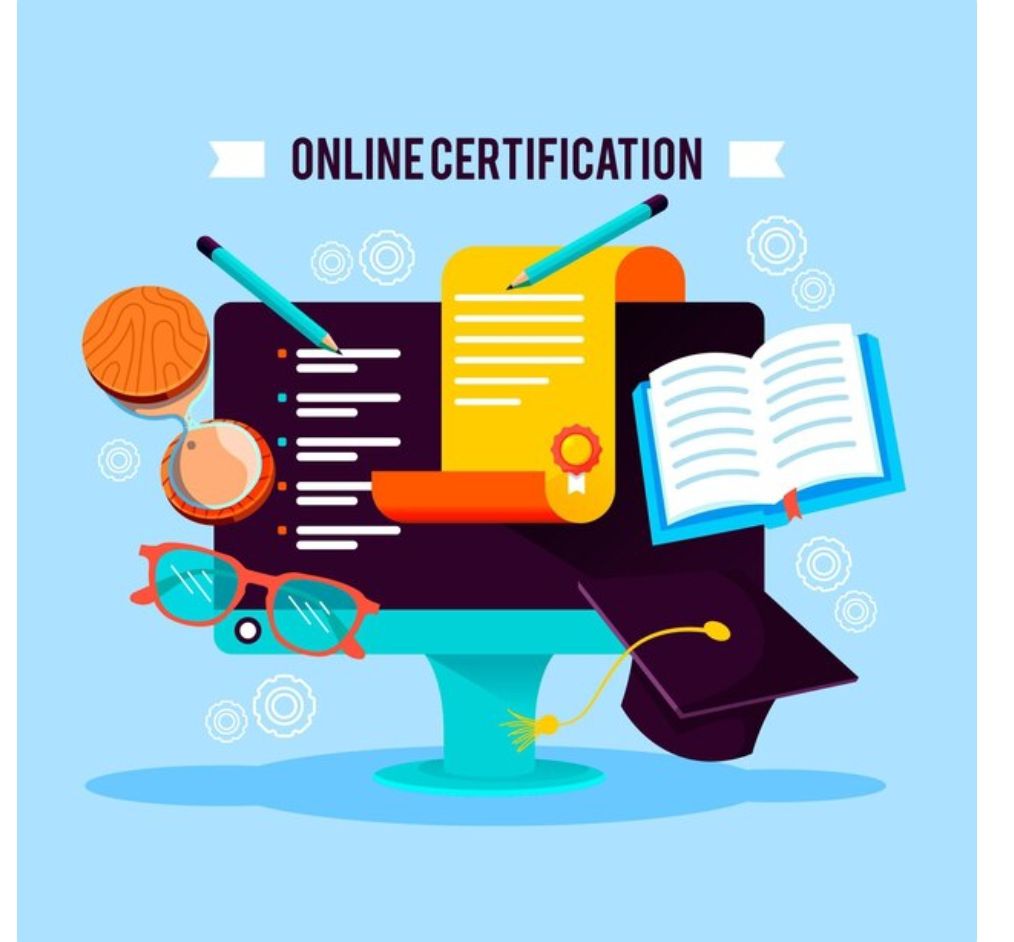
In the rapidly evolving landscape of education and employment, online credentials are becoming increasingly significant. As traditional educational pathways are augmented by digital learning opportunities, the future of credentials—ranging from certifications to degrees and beyond—presents a transformative shift. This article delves into how online credentials are reshaping education and career landscapes, offering detailed insights into their impact, advantages, and future trends.
Introduction
The digital age has revolutionized many aspects of life, and education is no exception. Online credentials, including certificates, diplomas, and even degrees, are gaining traction as credible and valuable alternatives to traditional qualifications. These credentials offer flexibility, accessibility, and a tailored approach to learning, making education more inclusive and aligned with the demands of the modern workforce. As we explore the future of online credentials, it’s essential to understand how they are reshaping the educational and professional spheres and what this means for learners and employers alike.
The Evolution of Online Credentials
Online credentials have come a long way from the early days of distance learning. Initially viewed with skepticism, they have now gained mainstream acceptance and are recognized by many employers and institutions. The evolution can be attributed to advancements in technology, changes in workforce needs, and the growing quality and rigor of online educational programs.
Types of Online Credentials
Certifications: Typically focused on specific skills or knowledge areas, certifications are often shorter in duration and more specialized. They are particularly popular in technology fields, where staying current with the latest skills is crucial.
Micro-Credentials: These are short, focused qualifications that demonstrate proficiency in a specific skill or set of skills. They are ideal for professionals looking to quickly gain expertise in a new area.
Diplomas and Degrees: Full-fledged academic programs offered online, from diplomas to bachelor’s, master’s, and even doctoral degrees, provide comprehensive education equivalent to traditional in-person programs.
Badges and Digital Certificates: Representing achievements in specific skills or competencies, these digital credentials can be displayed on social media profiles and resumes, adding to a learner’s portfolio of skills.
Why Online Credentials Matter
Flexibility and Accessibility: Online credentials allow learners to study at their own pace, from anywhere in the world. This flexibility is particularly beneficial for working professionals, caregivers, and those with geographical or time constraints.
Affordability: Many online programs are more affordable than traditional on-campus courses, reducing financial barriers to education.
Relevance to Industry Needs: Online credentials often focus on current industry demands and can be updated more quickly than traditional academic programs. This alignment with market needs ensures that learners acquire skills that are directly applicable to their careers.
Personalized Learning: With a variety of programs available, learners can choose credentials that align with their personal and professional goals, creating a customized educational path.
The Impact of Online Credentials on Career Development
Online credentials are proving to be game-changers in career development. They provide a pathway for continuous learning and skill enhancement, essential in today’s fast-paced job market. Here’s how they are making an impact:
Bridging Skill Gaps: Online certifications and micro-credentials allow professionals to quickly gain new skills, bridging gaps between their current abilities and job requirements.
Career Advancement: Earning a degree or certification online can lead to promotions, salary increases, and new job opportunities, as they demonstrate a commitment to learning and staying current in one’s field.
Career Switching: For those looking to pivot to a new career, online credentials offer a viable way to gain the necessary qualifications and knowledge without the need to quit their current job or relocate.
Entrepreneurial Ventures: Many individuals use online credentials to gain the knowledge and skills needed to start their own businesses, particularly in fields like digital marketing, technology, and consulting.
Future Trends in Online Credentials
Integration of Artificial Intelligence and Data Analytics: AI and data analytics are being integrated into online learning platforms to personalize learning experiences and provide deeper insights into learners’ progress and needs.
Blockchain Technology: Blockchain is poised to revolutionize how credentials are stored and verified, offering secure and tamper-proof records that can be easily shared and verified by employers and institutions.
Global Recognition and Standardization: As online credentials become more prevalent, there will be a push towards global recognition and standardization, making them universally accepted across borders.
Hybrid Learning Models: Combining online and offline elements, hybrid learning models will offer the best of both worlds, providing flexibility while maintaining the benefits of in-person interaction and networking.
Lifelong Learning Ecosystems: The future will see the rise of lifelong learning ecosystems, where individuals continuously acquire new skills and credentials throughout their careers, supported by platforms that facilitate ongoing education and professional development.
Conclusion
The future of online credentials is bright, promising a world where education is more accessible, flexible, and aligned with the needs of both learners and employers. As these credentials continue to gain acceptance and value, they will play a crucial role in shaping the careers of the future. For educators, students, and professionals alike, understanding and embracing the potential of online credentials will be key to thriving in the evolving landscape of education and work.









